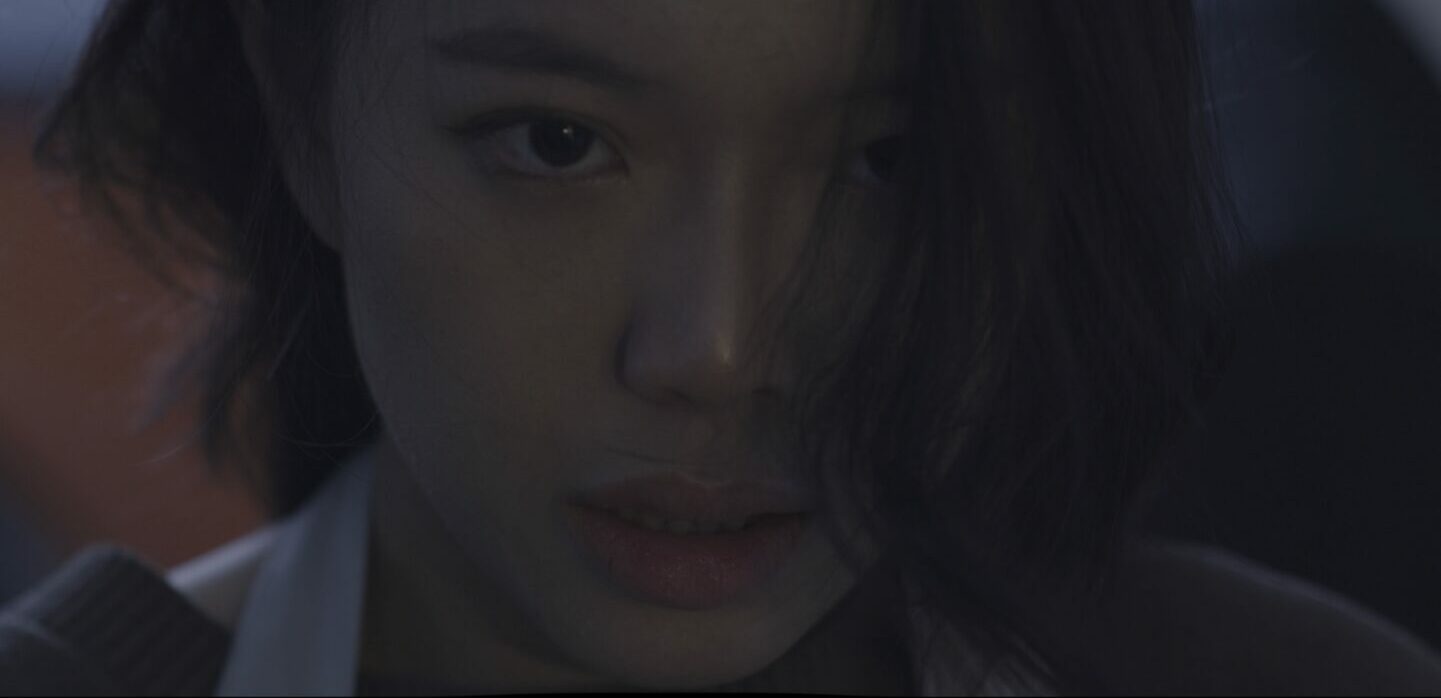We were lucky to catch up with Jiaqi Chen recently and have shared our conversation below.
Hi Jiaqi, we’re so appreciative of you taking the time to share your nuggets of wisdom with our community. One of the topics we think is most important for folks looking to level up their lives is building up their self-confidence and self-esteem. Can you share how you developed your confidence?
I believe confidence isn’t something we’re born with; it’s something we develop over time. Growing up, everyone faces some form of pressure or adversity, and it’s often these experiences that make us more self-conscious or unsure of ourselves. There’s also a natural desire in all of us to be recognized or validated, which can highlight insecurities and moments of self-doubt.
As an actor, confidence is especially crucial. You need to trust yourself and your interpretation of a character, because only then can you communicate it authentically to the audience. If you lack confidence, it becomes difficult for others to connect with your performance. But at the same time, being perceptive and sensitive is both a gift and a challenge. It’s easy to get caught up in overthinking, which can lead to stress and self-doubt.
I think the key to building confidence is: “Be yourself and ground yourself.” Take the time to read more, reflect on your experiences, and develop a deeper understanding of who you are. Cultivate mental independence, so you’re not easily swayed by others’ opinions. This doesn’t mean ignoring feedback, but rather making sure you have a strong sense of your own values and goals. With critical thinking and self-reflection, you can confidently follow your own path without second-guessing yourself. When you know who you are and what you want, confidence follows naturally.
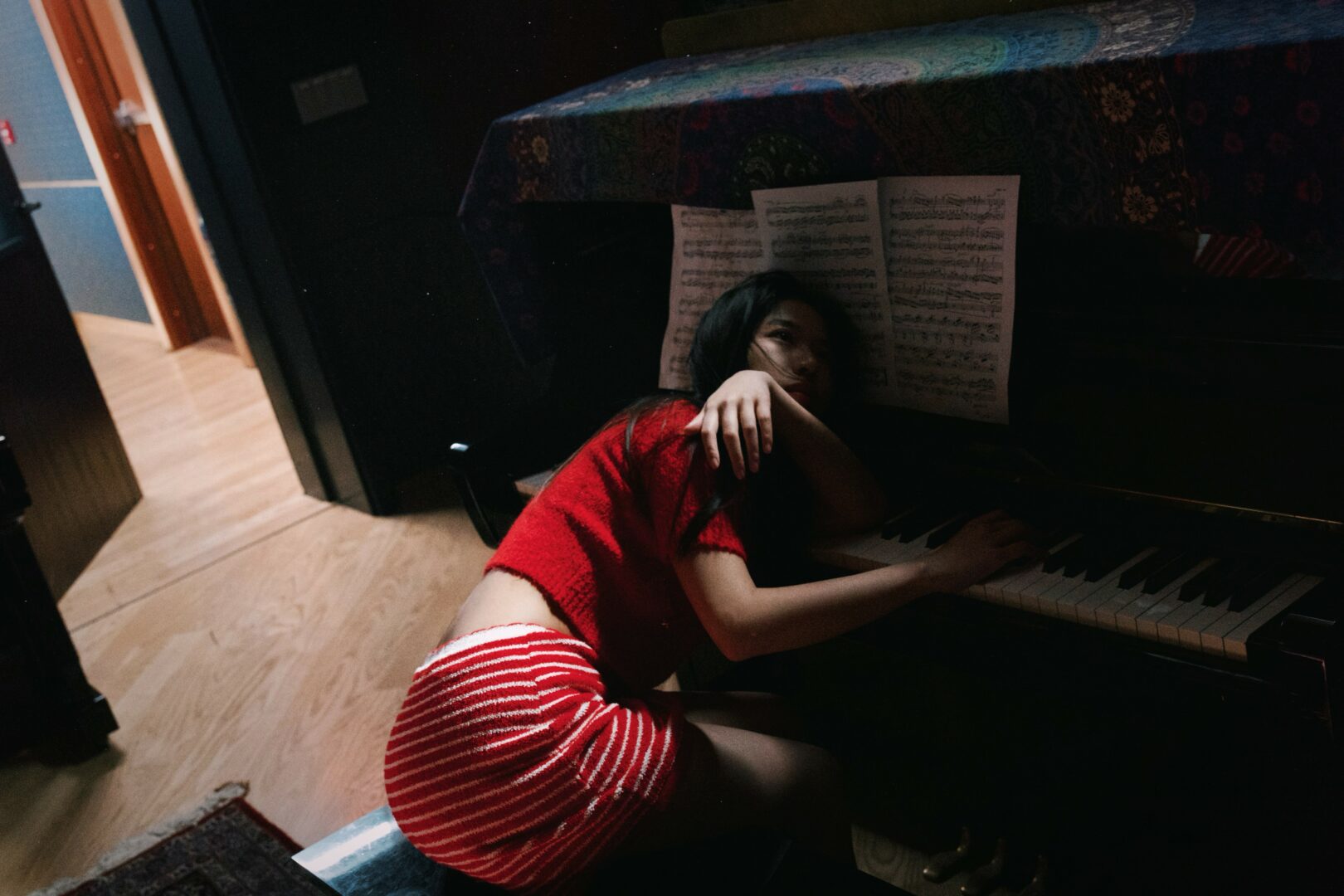
Thanks for sharing that. So, before we get any further into our conversation, can you tell our readers a bit about yourself and what you’re working on?
I’m currently working as an actor and also exploring the world of TikTok content creation (though I’ll admit, I don’t post as often as I’d like to—trying to work on that!). When I was interviewed by Shoutout LA last time, I shared how exciting it is to be an actor and get the chance to step into different lives. But as we all know, we’re constantly evolving. For now, I think acting has become a way to express and explore my emotions.
A director friend once told me that all great actors have broken souls, and that they use the camera to piece those broken parts back together. I truly resonate with that. Life experiences—both the highs and the lows—are our gifts as artists. We must feel them deeply, break them down, and then reassemble them in new, often unexpected ways, through the characters we play. That’s the beauty of acting.
For me, the most fulfilling part of this journey is when I can make an audience feel something—whether it’s empathy or a new perspective. If you can touch someone’s heart or shift their thinking, then I believe you’ve done your job as an actor.
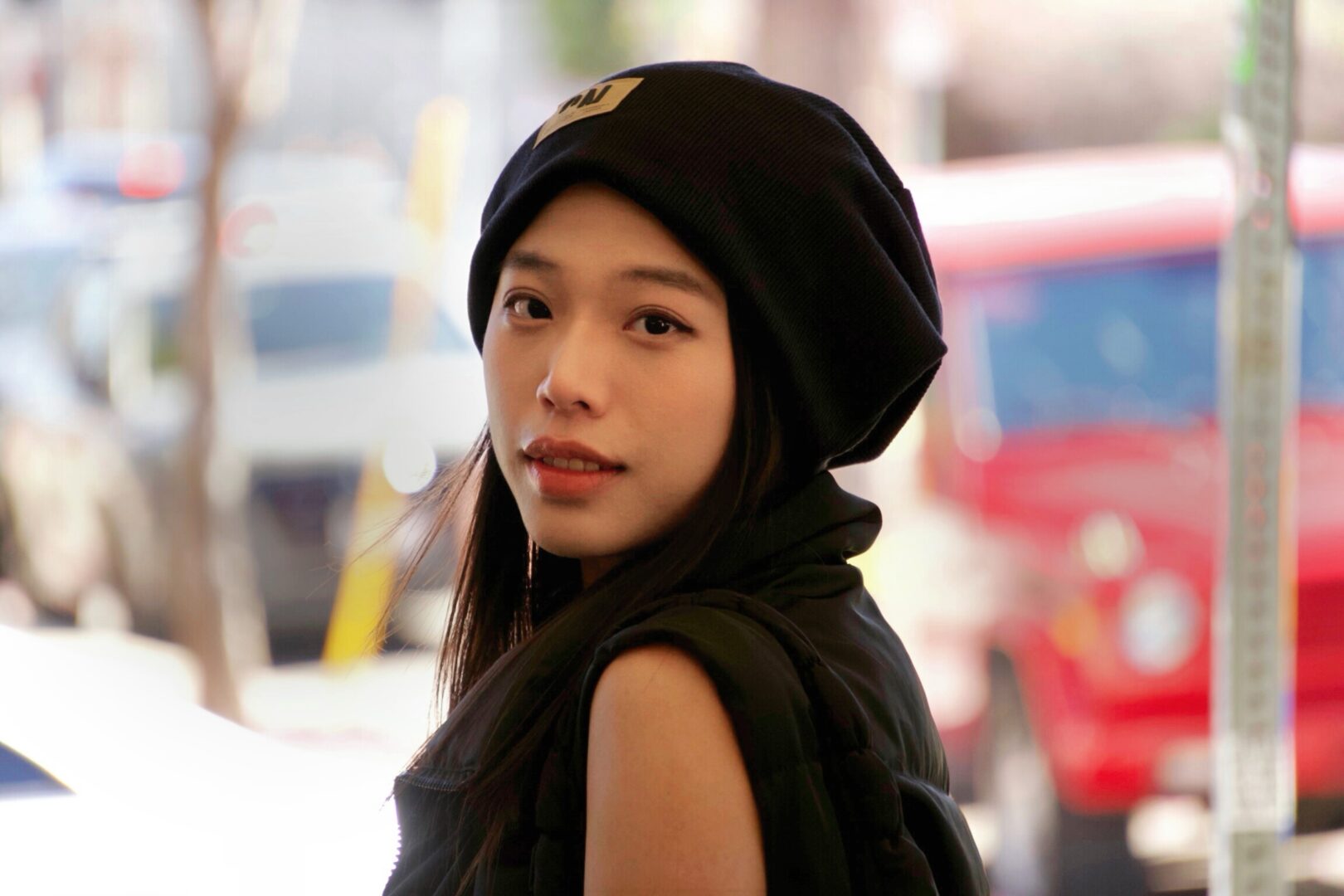
There is so much advice out there about all the different skills and qualities folks need to develop in order to succeed in today’s highly competitive environment and often it can feel overwhelming. So, if we had to break it down to just the three that matter most, which three skills or qualities would you focus on?
I believe the three most impactful qualities for an actor are being genuine, being a good listener, and staying humble.
First, being genuine is crucial. Being genuine is crucial. When you’re authentic, you don’t waste time and energy trying to artificially construct a “character.” Your true personality will inevitably come through, so why bother putting on a façade when you can simply be yourself?
If you’re authentic, you save yourself the time and energy of trying to create a “character” artificially. Your real personality will come out eventually so why would you waste your time on creating a character setting in front of people?
Second, listening carefully and reacting truthfully is what makes a great actor. Acting is about connection—both with your fellow actors and with the audience. When you’re truly listening, you’re able to respond with authenticity, creating more genuine, dynamic scenes.
Lastly, humility is essential. To me, being humble doesn’t mean blindly accepting everything others say, but it does mean staying open to feedback and being willing to learn and grow. Humility allows you to empty yourself of ego so you can absorb new ideas and refine your craft.
For anyone early in their journey, my advice is simple: Ground yourself. Be present every day, live your life fully, and make time for self-reflection. If you truly want to become a great actor, focus on the work itself—not the fame that may come with it. Listen to others, pay attention to life’s moments, and remember that we only have one life to experience all its joys and sorrows. That’s what makes us relatable as artists. Live deeply, and the rest will follow.

As we end our chat, is there a book you can leave people with that’s been meaningful to you and your development?
I think to live simply means to live. In the story, despite all the hardships, the central message is about continuing to live, no matter how difficult things get. The book paints a vivid picture of life in the 1940s, 50s, and 60s Chinese society—a time filled with tragedy and suffering, much of it caused by the government. The characters face unimaginable struggles compared to the life I live now, but still, each of them is just trying to survive. It’s human nature to want to keep going, no matter the circumstances. Through their stories, you really feel the resilience and tenacity of life itself.
For me personally, I don’t know if I could have survived in those circumstances. Even though my life is certainly easier than what many of the characters in the book experienced, I still face my own challenges—parental pressure, relationship struggles, and financial issues. There are times when life feels overwhelming, especially as an adult. We’ve all had those moments where we question everything: What’s the meaning of life? Why are we doing this? Why were we brought into this world without asking us? What’s the point of it all?
Reading the book, I often wondered why these characters chose to have children when their lives were so hard. Why would they want their children to endure the same pain they did? But then I realized that no matter how much wealth or love we have, life will always present new challenges. You never know what’s coming next, and sometimes what seems like a setback can actually be a blessing in disguise. For example, in the film, Fugui loses his house to gambling, but the person who takes it from him ends up being killed because he’s labeled a landlord.
Fugui is a deeply positive character, and I honestly can’t imagine how I would have handled the hardships he went through. But one key takeaway for me was this: when something bad happens, it may be the universe’s way of signaling that it’s time for a new chapter. The worst things don’t always mean it’s the end; they can be guiding us toward something better or helping us grow in unexpected ways.
By the end of the story, Fugui’s family—his grandson and others—have all passed away, and his only companion left is a cow. Yet, there’s a sense of peace in this ending. The story suggests that life is inherently lonely, and we have to come to terms with that. Life is a solitary journey, and it’s important not to get caught up in excessive desires or wanting too much. The key is to simply live—and to embrace the fact that you’re alive, no matter what struggles you face.
Contact Info:
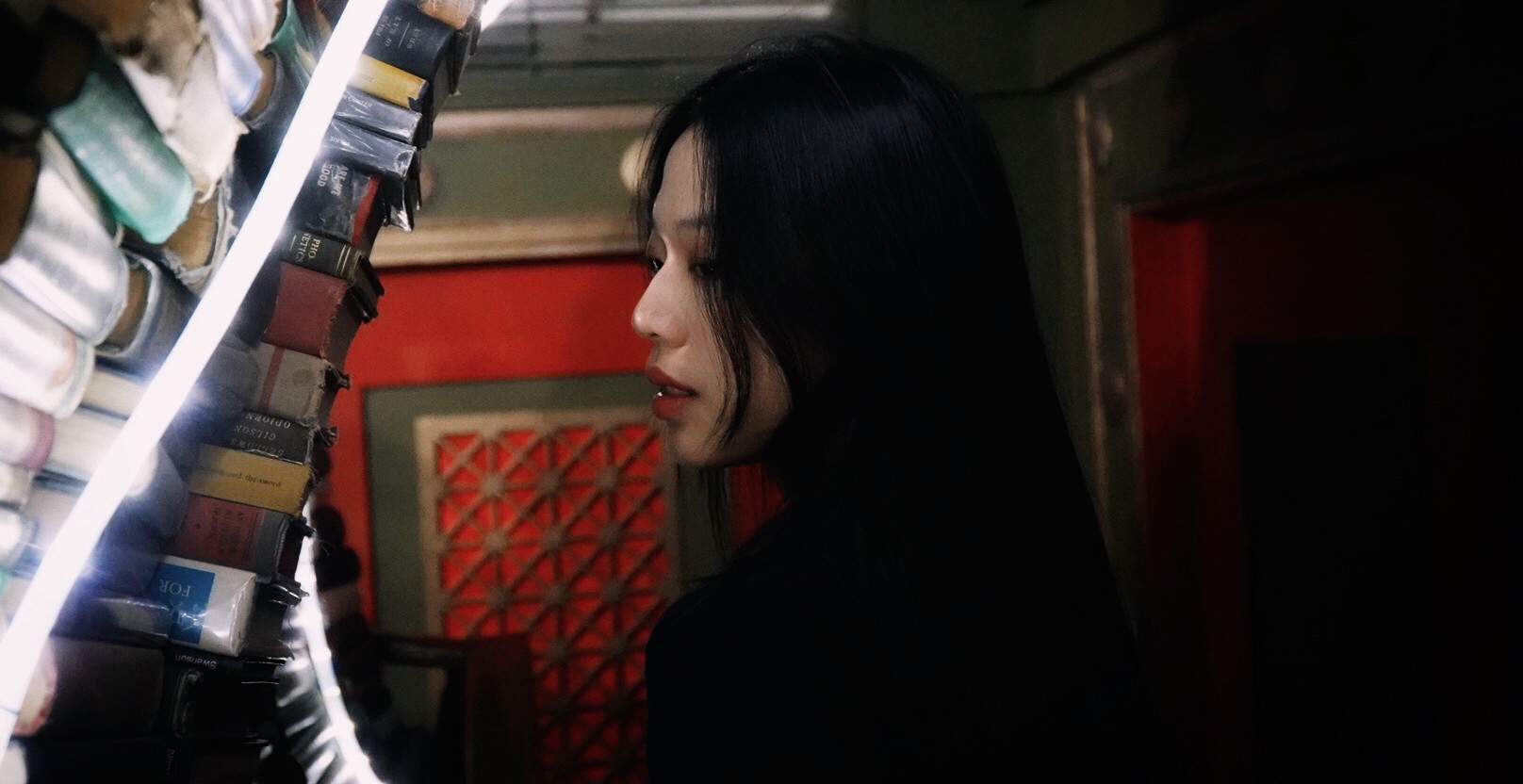

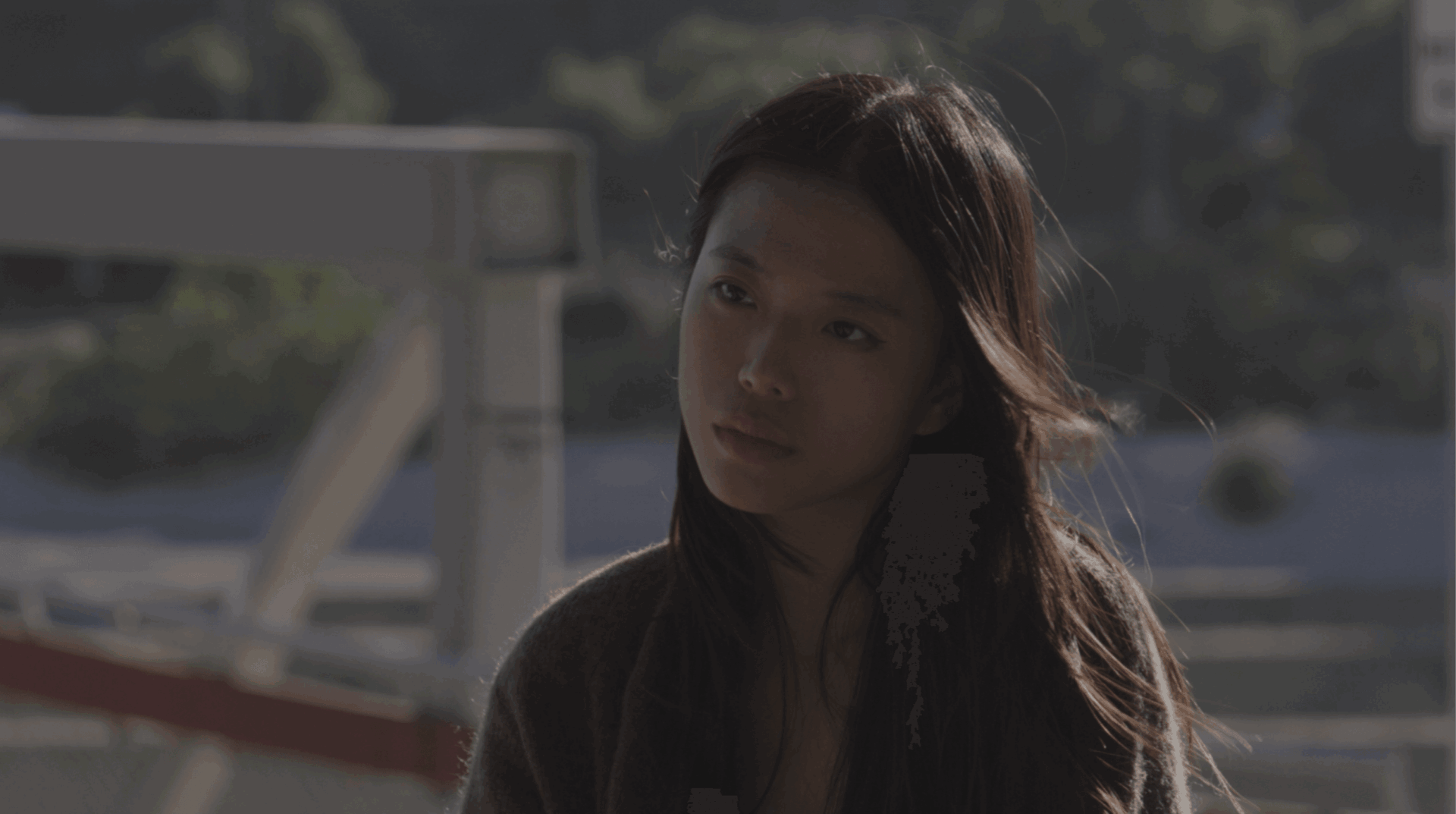
so if you or someone you know deserves recognition please let us know here.

